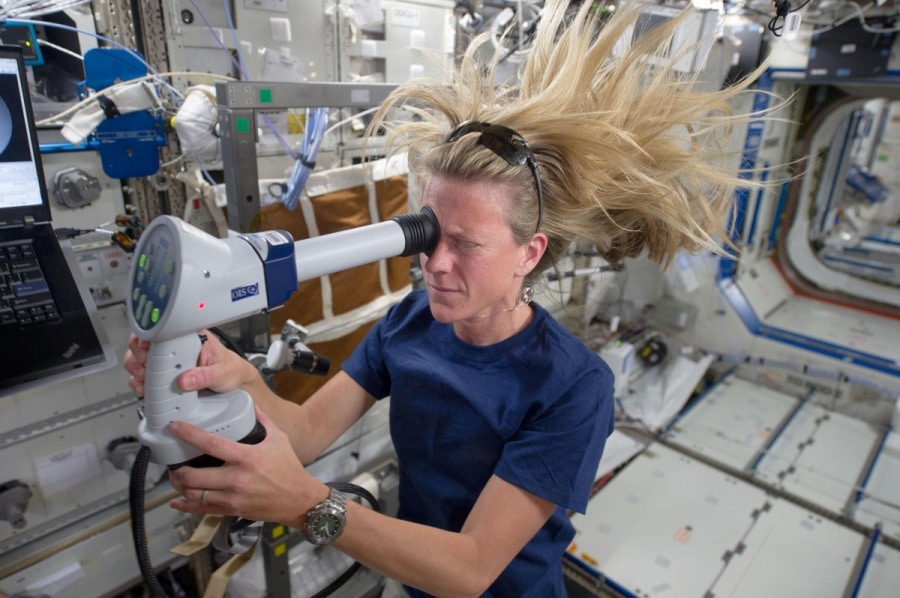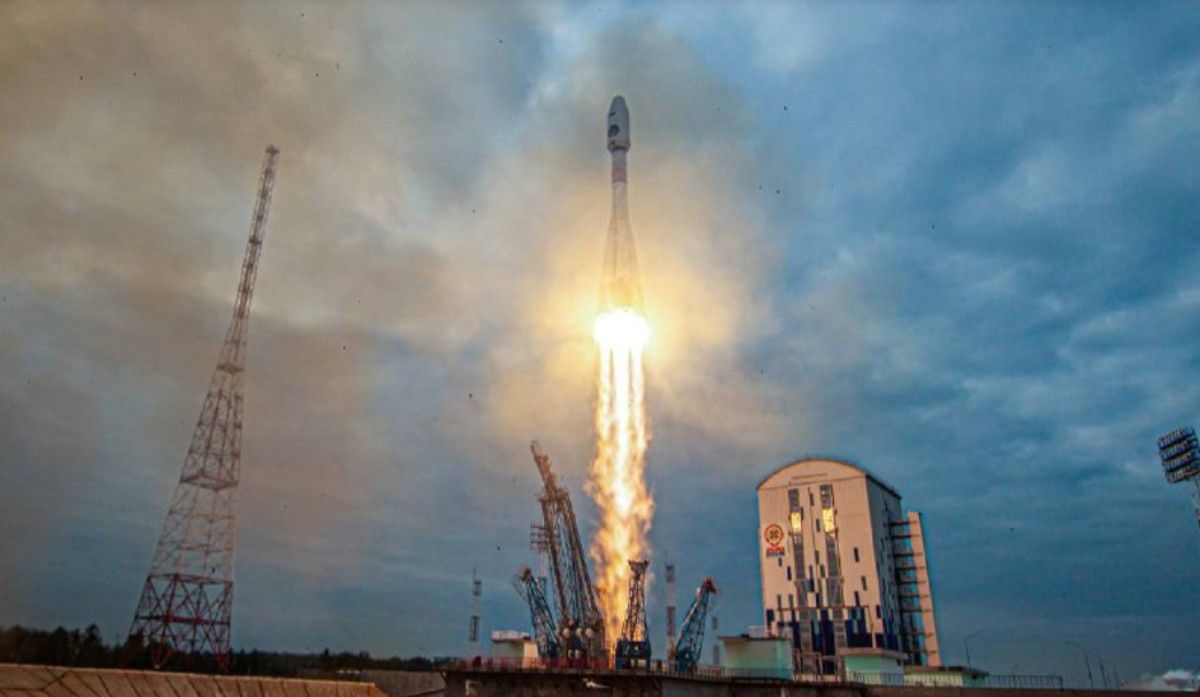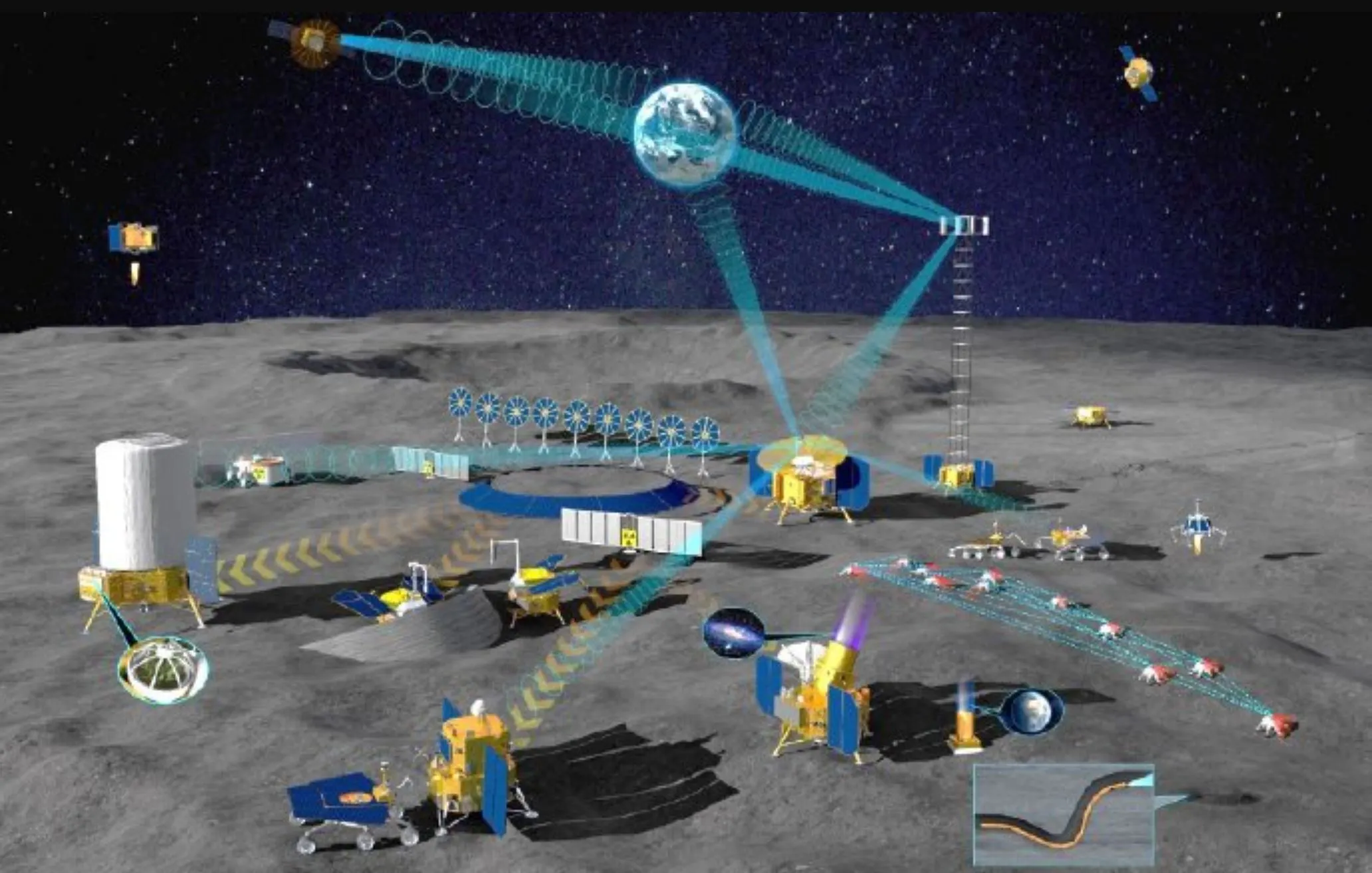
The projected growth of the space economy, often quoted at $1.8 trillion by 2035, is considered conservative according to a leading expert in the field. Kelli Kedis-Ogborn, Vice President of Space and Commerce at the Space Foundation, anticipates that this figure could be reached much sooner, with 78% of that revenue expected to come from commercial sources and 22% from global governments.
“As an industry and an ecosystem, we always say there has never been a better time to become part of the global space sector. The reason for this is the financial opportunity and increased access available. However, how each country engages and the implications of taking a slice of this pie can vary,” she explained to National Security News in an interview.
Emerging nations, Kedis-Ogborn noted engage with space, satellite technology, and data every day, often without realising that they already possess industries contributing to the space sector.
“What’s beneficial for emerging nations is that they don’t have to start from scratch; they just need to build out their ecosystem cohesively,” she added.
In her opinion, to scale and succeed in space, “it has to be global and interactive.” She pointed out that as we develop not only the exploration aspect but also low Earth orbit capabilities, with commercial space stations coming online, previously inaccessible opportunities will open up.
“The existence of this infrastructure will serve as both a flag and a cornerstone, encouraging nations to understand that if they don’t have a space strategy, they need to develop one and recognise how space can benefit them,” she said.
Healthcare research can be fast tracked in space
With the advent of commercial space stations, Kedis-Ogborn highlighted that the conditions of space will be conducive to advancements in manufacturing and healthcare.
“There’s been a couple of case studies that have already happened on the International Space Station where they’ve been able to advance an osteoporosis treatment because of the lack of gravity and with radiation and were actually able to fast track it through the FDA. There was another company that was able to manufacture a retina with size and sophistication that you wouldn’t be able to get on earth.”
She predicts that such developments will become exponentially impactful over the next five to seven years, significantly affecting various industries on Earth.
Novel product from space: Million dollar wine and stem cell cream

Kedis-Ogborn shared an intriguing example involving a company from Bordeaux, France, that sent a case of six bottles of red wine to the International Space Station to mature for a year. Upon their return, taste tests revealed distinct profiles, with the wine tasting notably good. These bottles are now selling for a million dollars each at Christie’s auction house. While this showcases a fun aspect of engaging with space, she noted that such experiments could ultimately lower research costs.
This was one of the fun ways to engage in space, she said but ultimately these kind of experiments would eventually lower the cost of research in space.
Another innovative product developed in space is a stem cell skincare cream certified by the Space Foundation. This product, used in moisturisers within the pharmaceutical beauty industry, is notable not just for its commercial applications but also for its impact on healthcare.
“What’s particularly remarkable is that the technology has been used to heal children with second-degree burns,” Kedis-Ogborn explained.
“This demonstrates that it has real-world applications extending beyond the beauty industry, offering significant advancements in skin healing through novel methods.”
Kedis-Ogborn leads the Space Commerce Institute, which is part of the Space Foundation, a non-profit organisation based in Colorado Springs for the past 40 years. Her institute focuses on facilitating growth in the space industry.
“It’s about qualifying and quantifying the market drivers, technology trends, and industries involved. A key aspect for me is the concept of ‘space adjacency’, which encourages industries that may not realise they are part of the space sector to recognise their role in supporting scalability and sustainability within the ecosystem,” she added.




























































































































































































































































































